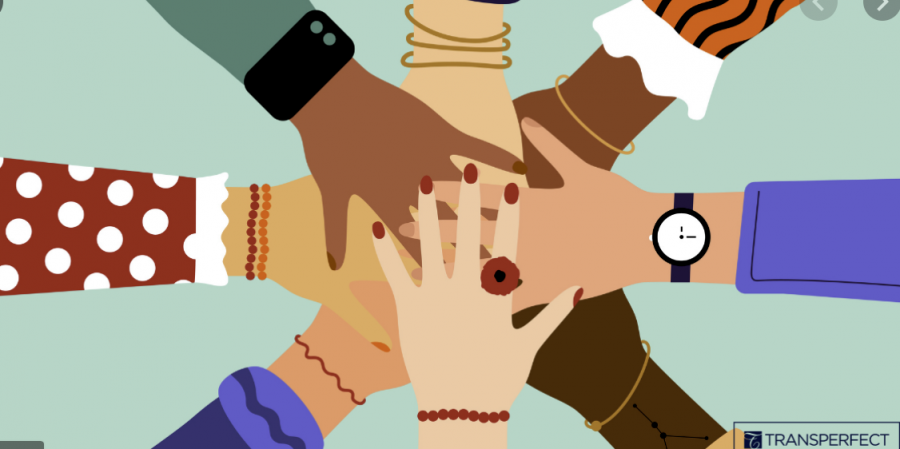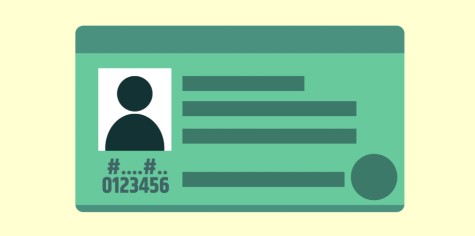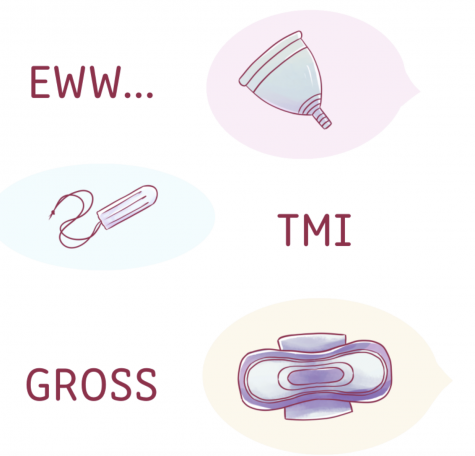Calling All Allies
Graphic contributed by TransPerfect
Allyship comes in many forms, but simply not supporting sexist, racist or homophobic behavior goes a long way in creating safer environments for marginalized communities.
On a trip to the city with some friends, the minute we got on the subway, I felt a feeling that women know all too well: the staring eyes of a man who is objectifying my body for his own pleasure. Suddenly feeling exposed, I began to zip up my sweatshirt, when, to my surprise, my friend got up and stood right in between the man and me. He stared the man down and asked him angrily what he was looking at. I felt relief wash over me as the man turned and walked to the other end of the subway. I was shocked that my friend, a man himself, would be so attuned to the uncomfortable nature of the situation that he would not only step up to help as an ally, but do so without being asked.
But it’s not always a stranger. And sometimes it’s harder to stand up to people you know, like when you’re with your friends and a guy tells a girl to “go back to the kitchen.” She responds that it isn’t funny. He says it’s just a joke. And that’s it. Your silence is deafening. How about saying, “hey dude, that’s really not cool.” That’s it. That’s all it takes. Be part of the solution, not the problem.
Allyship means calling out sexist behavior, elevating the voices of the unheard; it means standing up for women in positions where they feel unsafe or disrespected without seeking a reward or a “favor” in return. It means recognizing this behavior everywhere, whether it comes from a random person on the subway or from one of your closest friends.















































